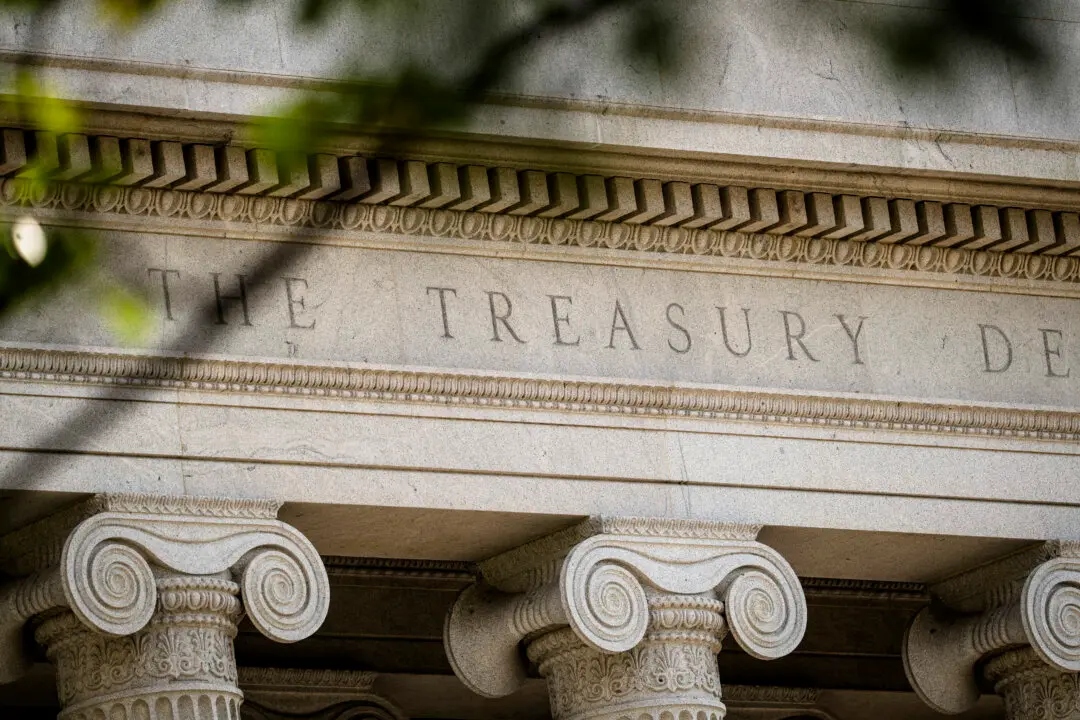Commentary
The Canadian Consumer Price Index (CPI) dropped to 2.8 percent annualized to the end of June from 3.4 percent in May. The index was expected to drop to 2.9 percent as a result of easing price pressures and the drop off of the June 2022 figure as the CPI rose about 0.6 percent that month. The core index rose 3.8 percent year over year.
The Bank of Canada emphasizes this measure does not account for the volatile food and energy components. The West Texas Intermediate Oil price has dropped over 20 percent in the last year.
The core figure remains above the Bank of Canada’s specific target of 2 percent, within the 1 to 3 range. However, prices at grocery stores rose 9.1 percent, year over year, as ordinary Canadian families continue to struggle with higher food costs. Mortgage costs soared 30 percent due to rising rates.The release of the inflation numbers might be spun as good news by the federal government, but not for people struggling to feed their families and pay to put a roof over their heads. Apparently, many homeowners with mortgages are lengthening their amortization periods in order to be able to make their monthly payments. Some mortgages have become “interest-only” loans as people attempt to cope with the rising cost of necessities.





